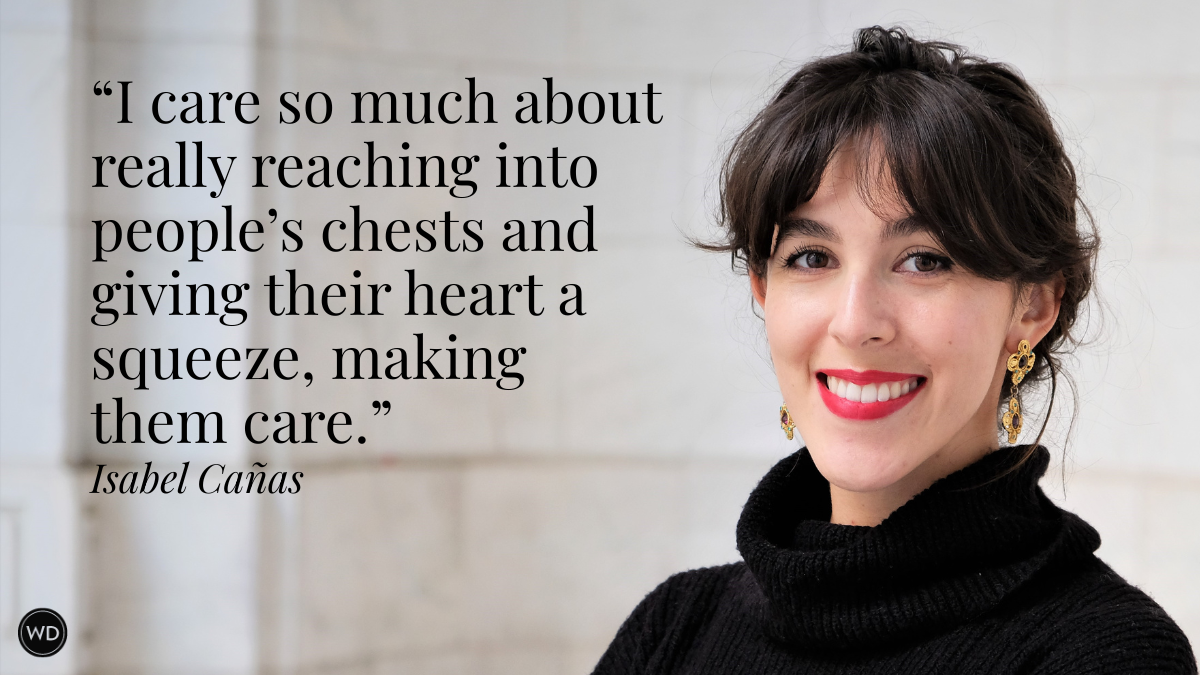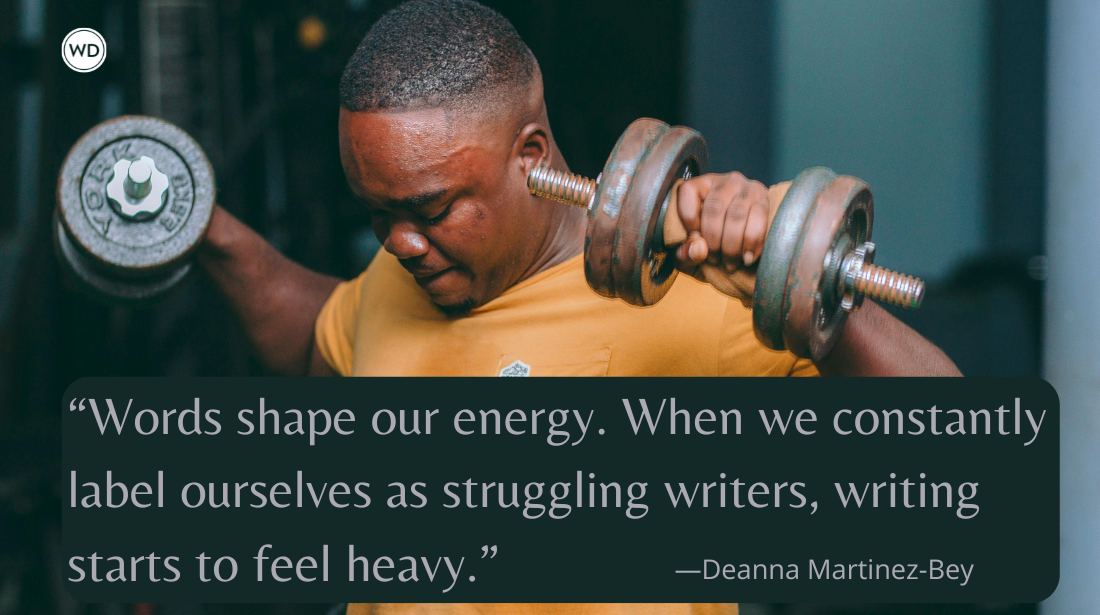5 Things Writers Should Stop to Appreciate on Thanksgiving
Thanksgiving can be a time of straight-up existential crisis for writers. But Thanksgiving is also a time to stop and appreciate the things you care about, to express gratitude for all the whosits and whatnots that keep you ticking and typing.
Thanksgiving can be a time of straight-up existential crisis for writers. Many of us are in the final throes of NaNoWriMo—For the love of Valhalla, do I really have 20,000 more words to go?!—while many more of us are teetering on the edge of panic about the impending holiday chaos and the prospect of interacting with relatives.
But Thanksgiving is also a time to stop and appreciate the things you care about, to express gratitude for all the whosits and whatnots that keep you ticking and typing.
So put down your pen—put it down, I know it's hard… there you go. Take those fingers off the keyboard for just a moment, and ruminate on all the people and things that make "Writer" one of the most epic honorifics anyone can achieve.
1. Feeling "the flow."
Some call it The Muse. Some call it The Flow. Some call it roarin' out words onto the page with the velocity and fire of the DragonBearDruid you just devised from that treasure chest you call a skull.
Whatever you call it, you know what I'm talking about, and it feels great. Pause to pay respects to the way it feels when your synapses and phalanges are singing the same story-slinging song… Unless you've got your groove going at this very moment, in which case, I take back what I said earlier: Pick up that pen, fire up that keyboard, and get writing!
2. The support of the writing community.
This might be the most important of all. Where would we be without our writer friends, our critique groups, our fellow conference attendees, our allies in scribbling and pitching and agonizing over those stupid scenes that just won't cooperate?
No one understands your passion, pain and bliss as deeply as other writers who are, like you, struggling to spew their thoughts onto a page in a way that sounds at least vaguely coherent. Take a few seconds to speak or tweet or email your gratitude to the folks who are right there with you on this hero's journey.
3. The editors and beta readers who help you improve your writing.
When your antagonist's dialogue is drab and cliché, who tells you to try again? When you repeated the word "subtle" five times in the same paragraph, who unsubtly buys you a thesaurus? When your inconsistent pacing makes your heroine faceplant into a clumsy climax, who helps you tie her thematic shoelaces?
Whether it's a spouse, a friend, a critique partner, or a professional editor, stop to salute those red pen-wielding, mixed metaphor-slashing, darling-slaughtering sadists you trust to whip your manuscript into shape.
4. Literary agents who represent and advocate for you (and give great publishing advice).
Any writer who's found a literary agent to represent them, review their pages, or simply offer helpful insights about the querying and publishing process knows that agents are author advocates through and through. They read and review and strive tirelessly toward the success of writers both veteran and undiscovered. Spend a moment thanking an agent for all they do.
If you haven't found an agent yet, keep in mind that so many agents out there are just waiting to fall in love with your story. And—even if you've chosen an independent path—more still are delighted to share their knowledge of the industry with anyone who takes a moment to ask for it.
5. Achieving your writing goals.
It doesn't matter what you write—novels, articles, short stories, poetry, screenplays, obscure interpretive contemporary art shows. When you finish a work-in-progress, you've brought something legendary and singularly you into the world. You imagined it, you poured yourself into it, and you brought it to life.
That. Is. Damn. Impressive.
And even if you haven't completed anything yet, you wouldn't have started if you didn't know that you could, and that in itself is worthy of endless admiration.
Take a moment to be thankful for your own practical magic that allows to you make something from nothing, for the mental acuity to craft it and polish it into something you feel proud of, for the courage and perseverance it takes to put words on the page.
You rock, you dreamer-creator-wordsmith-worldbuilder-writer. You. Rock.
…
And finally, be thankful for pie. Because pie is great and goes really well with your manuscript. Happy Thanksgiving from the Writer's Digest team.
Can you impress us in 1500 words or fewer? Enter those words into our Short SHORT Story competition to win cash and a whole smattering of other fun things.
Jess Zafarris is the Executive Director of Marketing & Communications for Gotham Ghostwriters and the former Digital Content Director for Writer’s Digest. Her eight years of experience in digital and print content direction include such roles as editor-in-chief of HOW Design magazine and online content director of HOW and PRINT magazine, as well as writing for the Denver Business Journal, ABC News, and the Memphis Commercial Appeal. She spends much of her spare time researching curious word histories and writing about them at UselessEtymology.com. Follow her at @jesszafarris or @uselessety on Twitter.







